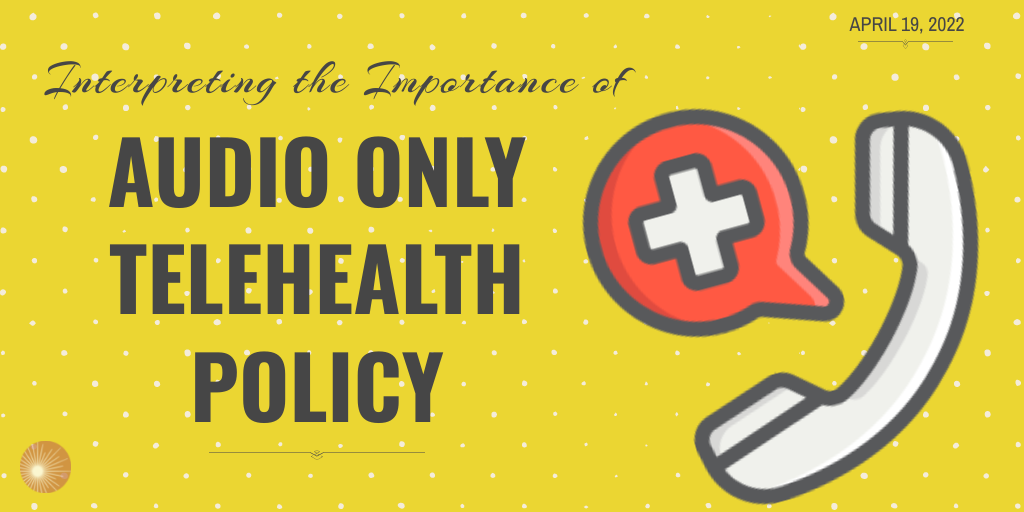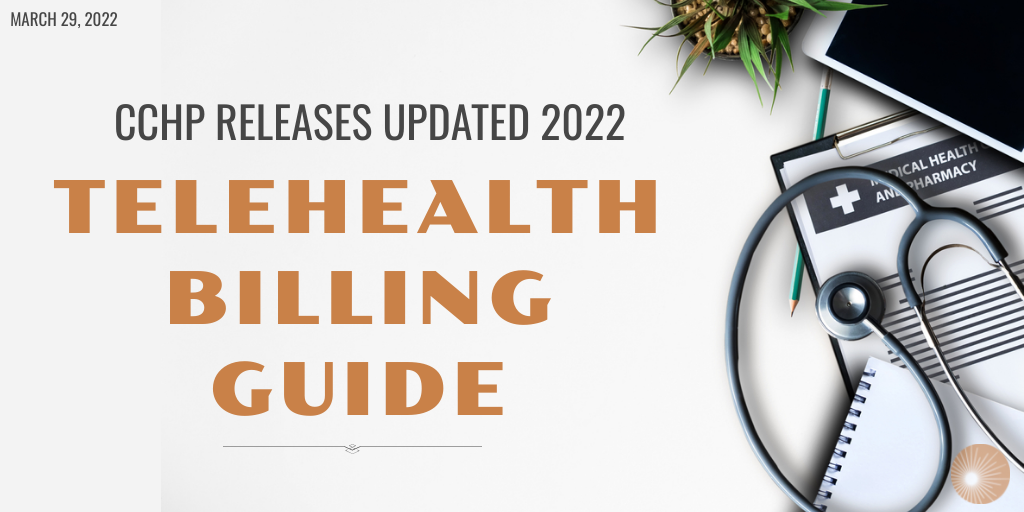Telehealth Policy is More Than Just Laws – Best Practice Guidelines & Guidances

At the beginning of the COVID-19 pandemic, the influx of providers new to utilizing telehealth to deliver services not only sparked an increase in demands for individualized technical assistance but also for best practice guidelines. Prior to the pandemic, best practice guidelines for the most part were created by professional organizations/societies or individual institutions to be used solely by their organizations.




